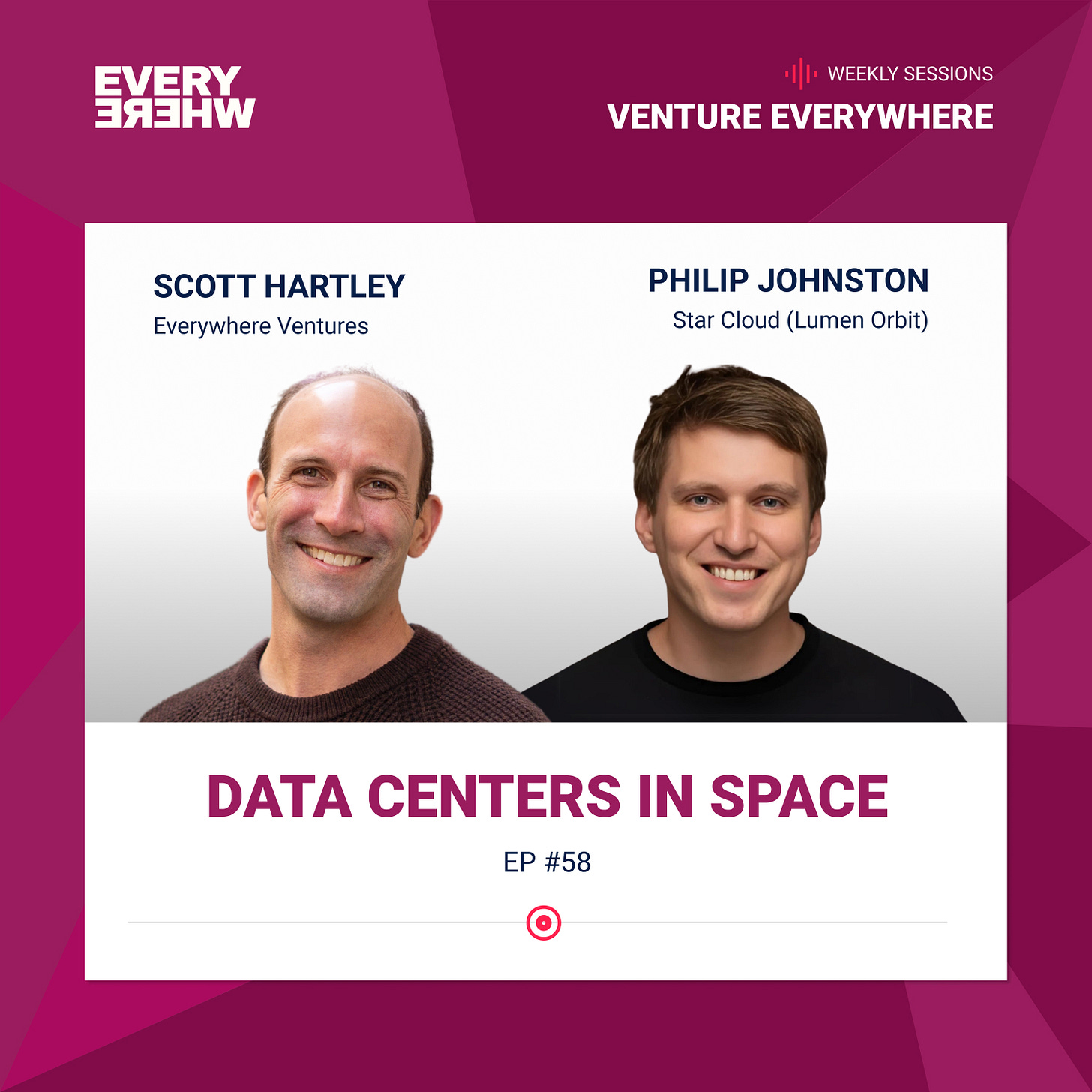Lumen Orbit is Now Starcloud—And It Just Raised Another $10M for Space-Based Data Centers
Starcloud is developing orbital data centers that leverage 24/7 solar energy and passive cooling to support hyperscale AI training clusters in space.
Redmond, Washington-based Starcloud, formerly Lumen Orbit, has secured an additional $10 million, bringing its total seed funding to $21 million—one of the largest-ever for a Y Combinator (YC) graduate. This latest investment follows December’s $11 million round, backed by NFX, YC, FUSE, Soma Capital, and scout funds from Andreessen Horowitz and Sequoia.
Philip Johnston, CEO and co-founder of Starcloud, described the funding as a key milestone: “This funding allows us to accelerate our plans to build large data centers in space and means that we are funded through at least the next two launches.”
Johnston also stated that Starcloud does not intend to identify the new investors until a Series A funding round takes place.
Why the Name Change?
Lumen Orbit’s rebrand to Starcloud wasn’t just about signaling its ambitions in space-based cloud computing—it was also a practical move to avoid legal complications.
“Apparently, Lumen Technologies has the right to ‘Lumen’ for data centers,” Johnston explained. Thus, Starcloud was born, aligning perfectly with its mission to bring orbital data centers to life.
Why Build Data Centers in Space?
As cloud computing demands surge, traditional Earth-based data centers face land, energy, and environmental constraints. Starcloud’s solution? Take cloud computing off-world.
Reduce energy consumption: Solar-powered orbital computing eliminates reliance on terrestrial electricity grids.
Process satellite data in space: Instead of sending massive amounts of raw data to Earth, processing can happen in orbit, reducing bandwidth costs.
Solve land-use issues: No need for sprawling, power-hungry data centers on Earth.
First Launch on the Horizon
Starcloud’s 132-pound (60-kilogram) demonstrator satellite is scheduled to launch this summer aboard a SpaceX Falcon 9 rocket as part of the Bandwagon 4 rideshare mission. The satellite will feature 100x more powerful GPU compute than has ever been operated in space, thanks to NVIDIA’s data-center-grade GPUs, provided at a discount through NVIDIA’s Inception program.
Johnston emphasized that this launch will test AI training, inference, and edge computing workloads in orbit, setting the stage for a future network of megawatt-scale space data centers.
Who’s Behind Starcloud?
The team currently has five members but is expected to double in size in the coming months as Starcloud ramps up its operations.
Philip Johnston, CEO & Co-founder – Former McKinsey associate, previously co-founded Opontia.
Ezra Feilden, CTO – Engineering experience from Oxford Space Systems and Airbus Defense and Space.
Adi Oltean, Chief Engineer – Former principal software engineer at SpaceX’s Starlink division.
Bailey Montaño, Lead Mechanical Engineer – Previously worked at Helion Energy and SpaceX.
What’s Next?
With $21 million in total seed funding, a major rebrand, and its first satellite launch approaching, Starcloud is moving fast to make space-based data centers a reality.
As demand for high-performance, energy-efficient computing skyrockets, Starcloud is proving that the future of cloud computing isn’t just on Earth—it’s in orbit.
Read more on Geek Wire
Listen to Philip Johnston with Scott Hartley on the Venture Everywhere podcast: Data Centers in Space. Now on Apple & Spotify and check out to all our past episodes here!


